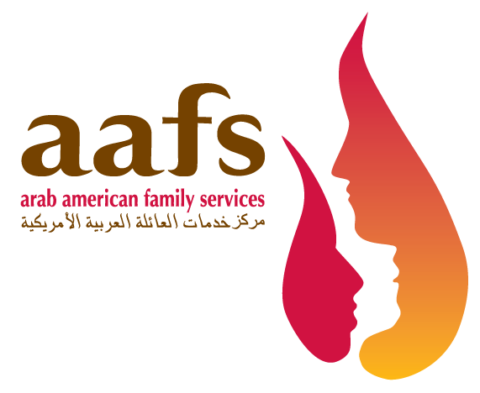Many Arabs and Muslims who are new to the Unites States face issues that may hinder them from feeling like they belong. Often times, a new country and a new culture make it difficult to get accustomed to a new country. Many times, Arab immigrants bring a piece of their culture and upbringing with them to the United States, and as many of us know, that is not always an issue. It is important to hold on to a piece of your culture, regardless of where you are, to always have a clear reminder of who you are and where you come from. But what happens when learned and accepted behavior is not always accepted in your new country? This could be anything from minors having more rights in a third world country than is allowed in the United States, to something as serious as disciplining your children.
In countries in the Middle East and throughout the world, it is often considered an insult to intervene in the way parents raise and discipline their children. Mothers and fathers learned from their elders, parenting skills and discipline tactics that “worked” and often times, many do not always consider these skills acceptable.
Many of us were spanked as children, and many parents are firm believers in “spare the rod, spoil the child.” But many parents are firm believers that this option should be eliminated from parenting techniques.
In the United States, it is unacceptable to put your child in any harm or danger. Times have changed, laws are enforced and what could have been a spanking, or slap on the hands, does not go over well with law officials.
The Department of Children and Family Services (DCFS) is a state agency that has the primary responsibility of protecting children through the investigation of suspected abuse or neglect by parents and other caregivers in a position of trust or authority over the child.
At any time that abuse is suspected by a superior, whether it be a teacher, doctor or even a family member, DCFS is required to investigate the claims of abuse or neglect. This could result in serious actions taken by the state, in which the child or children could be removed from the home and placed with a family member, or even foster care.
Many Arab Americans need to develop a keen understanding on the child welfare system, and unfortunately, with a language barrier and culture differences, this is easier said than done.
Since 2010, Arab American Family Services has been working with DCFS to be a main line of support and communication to the agency. They are called upon, often when the worst case scenario occurs and the child is taken from the parents.
When something of this nature occurs, parents must take the necessary steps to prove that they are fit to be good parents, must be taken. This includes mandatory family and individual counseling for however long the caseworker and the state deems necessary.
At AAFS, our counselors have been trained and qualified to help rehabilitate parents back into the loop of proper, loving and caring parenting, meanwhile offering the help and advice that parents need to get them back on track and get their children back in their arms.
This excellent relationship formed with AAFS has helped DCFS slowly understand the culture of the Middle East, and at the same time, helps educate families on the rules and regulations of the U.S.
AAFS intern Muntaha Alhindi is currently working towards her Master’s degree in social work. She has been assigned to handle two cases of Arab Americans that are currently involved in the DCFS system.
In one case, a young mother and father found themselves losing custody of their six month old child who had fallen down the stairs of his home. When the mother found her son laying at the bottom of the steps in tears she panicked and rushed him to the emergency room. At the hospital, following the advice of friends and family, she was reluctant to tell nurses and doctors what had happened from fear of being though of as a neglectful mother. Rather, she stated that she was unaware how the baby had suffered the injuries. Hospital officials launched an investigation, causing them to call on DCFS to investigate. Upon investigation, they learned the truth and removed the child from the home and placed her in foster care. After three months, the child was then placed in the care of an aunt, who had children of her own. The parents are only allowed to see their child three times a week and every visit must be supervised.
The parents are now required to take part in parenting classes, as well as individual counseling. The mandatory classes are aimed at educating parents of proper skills, as well as focusing on other problems that may be addressed. As of March, the child has yet to be returned to the parents. In certain cases, the process could take months, and sometimes, years, in order to place the child back with their parent.
Alhindi says that with every client she sees, she is more aware of issues that the Arab community face. She knows that her role is important to educate parents from the Middle East on the rules and regulations of their new homeland.
“Having come to the U.S. in 1999, I know what it is like to not have a clear understanding of the rules and I see myself in the eyes of many of my clients,” said Alhindi.
“This is why I want to do everything I can to help,” she said.
Alhindi says that DCFS is so grateful to AAFS for being the only source in the state of Illinois that can address these cultural issues and boundaries.
“They tell us that they know to reach out to us immediately to have us help with counseling their clients,” she said. “This is a good feeling to know you are relied upon,” Alhindi added.


